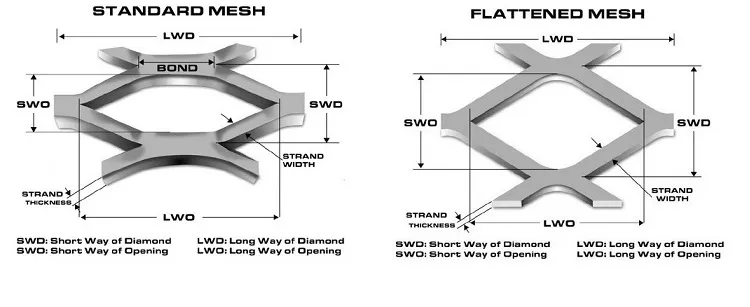Aug . 16, 2024 23:24 Back to list
Suppliers of Welded Airport Fencing Solutions for Enhanced Security and Safety
The Importance of Welded Airport Fences and Choosing the Right Suppliers
Welded airport fences play a critical role in maintaining the security of airports and ensuring the safety of passengers, staff, and aircraft. Airports are high-security zones that require robust measures to prevent unauthorized access and safeguard against potential threats. Therefore, selecting the right suppliers for welded fencing solutions is essential in addressing these security needs.
Understanding Welded Airport Fences
Welded airport fences are designed to provide a durable and sturdy barrier around airport perimeters. These fences are constructed from high-quality steel wire that is welded together to create a strong mesh, making it difficult for anyone to breach the fence. The mesh design not only aids visibility but also allows for the passage of air and light, reducing the visual impact of fencing on the landscape.
The standard height for airport fences is typically around 8 to 12 feet, which helps deter unauthorized individuals from attempting to climb over them. Moreover, these fences can be integrated with various security features, including barbed wire, anti-climb measures, and surveillance systems, offering an additional layer of protection.
Why Choose Welded Fencing
1. Durability Welded fences are known for their high durability. They can withstand harsh environmental conditions, making them perfect for outdoor installations at airports where exposure to weather elements is a concern.
2. Low Maintenance Unlike traditional chain-link fences, welded fences require minimal maintenance over time. This feature offers long-term cost savings for airport operators who must be mindful of their budgets.
3. Enhanced Security The robust design of welded fences provides enhanced security compared to more decorative or lightweight options. Their strength acts as a deterrent against potential intruders.
welded airport fence suppliers

Selecting the Right Suppliers
When looking for welded airport fence suppliers, several factors should be considered to ensure the best product and service are obtained
1. Experience and Reputation It is vital to choose suppliers with a proven track record in providing fencing solutions specifically for airports or similar high-security environments. Reviews and testimonials from previous clients can provide insights into their reliability and quality.
2. Compliance with Standards Suppliers should adhere to industry-specific standards and regulations concerning airport security. This includes following guidelines set forth by aviation authorities and ensuring that their products meet all required specifications.
3. Customization Options Airports have unique needs based on their size, location, and specific security requirements. Suppliers who offer customizable fencing solutions are preferable as they can tailor their products to meet the precise needs of the airport.
4. Technological Integration Modern security measures often involve the integration of technology. Suppliers should be able to provide solutions that can work with current security systems, including cameras, alarm systems, and access control mechanisms.
5. Customer Support and After-Sales Service The relationship between the airport management and the supplier should not end with the sale. Good customer support and after-sales services are crucial for maintenance and addressing any future issues.
Conclusion
Welded airport fences serve as a vital element of airport security infrastructure. By choosing the right suppliers, airport management can ensure they implement effective fencing solutions that not only provide security but also enhance the overall operational efficiency of the airport. Understanding the importance of durable, cost-effective, and compliant fencing solutions will pave the way for safer air travel and protect critical infrastructures against unauthorized access. Investing time and effort into sourcing the best welding fence suppliers is an investment in the future safety and security of airports.
-
Hop Dipped Galvanized / PVC Coated Temporary Fence-Anping County Xingzhi Metal Wiremesh Products Co.,Ltd|Durable Temporary Fencing&Versatile Installation
NewsAug.05,2025
-
Hop Dipped Galvanized / PVC Coated Temporary Fence - Anping County Xingzhi Metal Wiremesh Products Co., Ltd|Durable Construction&Versatile Applications
NewsAug.05,2025
-
Hop Dipped Galvanized / PVC Coated Temporary Fence - Anping County Xingzhi Metal Wiremesh Products Co., Ltd
NewsAug.05,2025
-
Hop Dipped Galvanized/PVC Coated Temporary Fence-Anping County Xingzhi Metal Wiremesh Products Co.,Ltd|Durable, Modular, Corrosion Resistant
NewsAug.05,2025
-
Hop Dipped Galvanized / PVC Coated Temporary Fence-Anping County Xingzhi Metal Wiremesh Products Co., Ltd|Durable Surface Treatments&Versatile Applications
NewsAug.05,2025
-
Steel Expanded Metal Mesh Fence: Secure & Durable Perimeter Solution
NewsAug.05,2025



